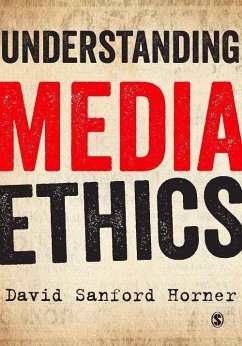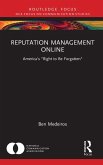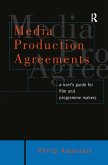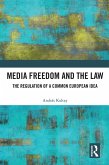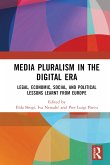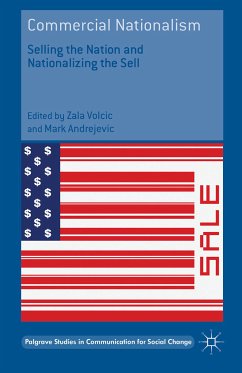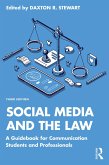Our new media landscape of social networking, blogging, and interactivity has forever changed how media content is produced and distributed. Choices about how to gather, evaluate and publish information are ever more complex. This blurring of boundaries between general public values and the values of media professionals has made media ethics an essential issue for media professionals, but also demonstrates how it must be intrinsically part of the wider public conversation. This book teaches students to navigate ethical questions in a digital society and apply ethical concepts and guidelines to their own practice.
Using case studies, judgement call boxes and further reading, Understanding Media Ethics clarifies the moral concepts in media contexts, and enables students to apply them to practical decision making through real-life worked examples.
Covering key topics such as media freedoms, censorship, privacy, standards, taste, regulation, codes of practice and the ethics of representation, this is an essential guide for students in journalism, media, communication and public relations.
Using case studies, judgement call boxes and further reading, Understanding Media Ethics clarifies the moral concepts in media contexts, and enables students to apply them to practical decision making through real-life worked examples.
Covering key topics such as media freedoms, censorship, privacy, standards, taste, regulation, codes of practice and the ethics of representation, this is an essential guide for students in journalism, media, communication and public relations.
Dieser Download kann aus rechtlichen Gründen nur mit Rechnungsadresse in A, D ausgeliefert werden.
This book engages the reader in a complex but clear exposition of issues in media ethics. It offers a valuable introduction for the undergraduate reader, one which uses accessible contemporary case studies to explore a framework of challenging ethical philosophy, leading from Aristotle and Kant to Murdoch and Leveson.
Alec Charles 20131014
Alec Charles 20131014

